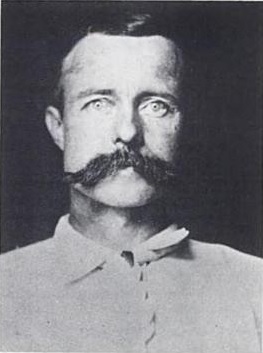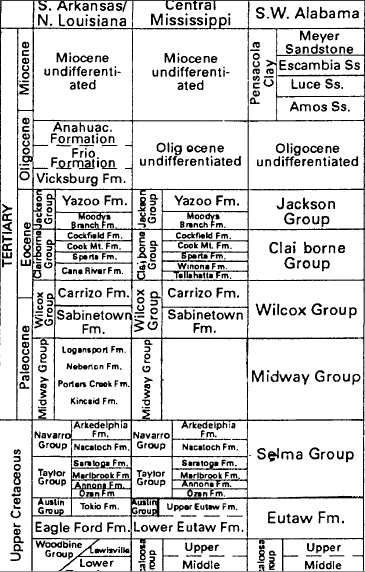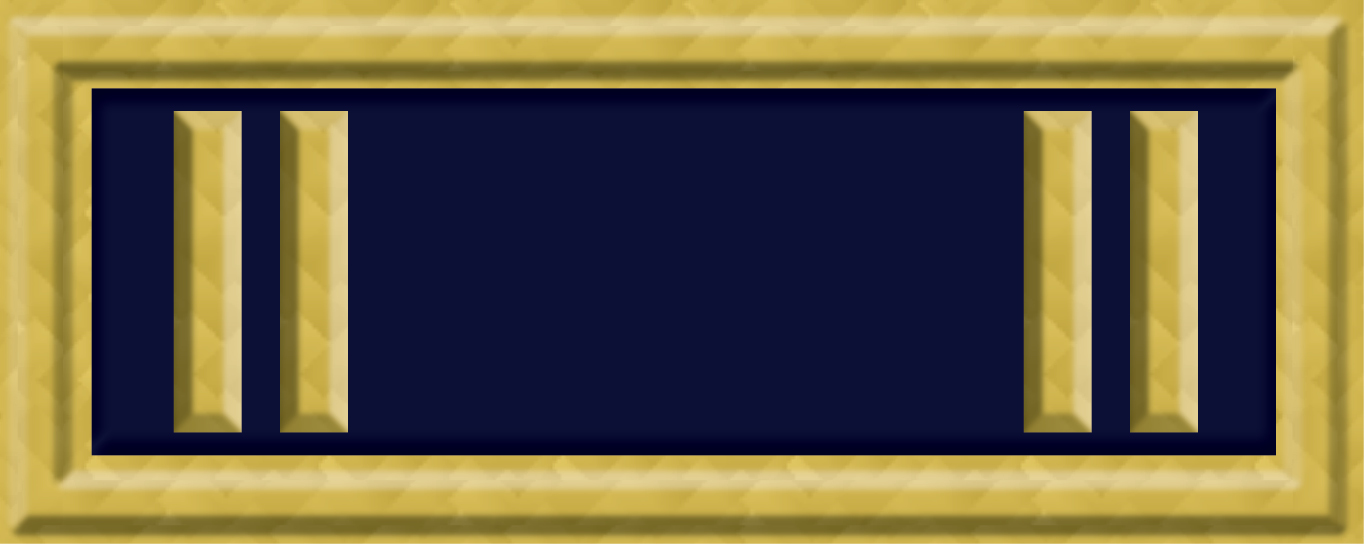|
Claiborne H
Claiborne may refer to: People Surname * Billy Claiborne (1860–1882), western outlaw * Lindy Boggs (Corinne Claiborne Boggs, 1916–2013), member of the U.S. House of Representatives from Louisiana; U.S. Ambassador to the Vatican * Chris Claiborne (born 1978), former American football linebacker * Craig Claiborne (1920–2000), U.S. food writer and columnist for the ''New York Times'' * Ferdinand Claiborne (1773–1815), U.S. military officer most notable for his command during the Creek War and the War of 1812 *Harry E. Claiborne (1917–2004), United States District Judge, Nevada, from 1978 until his impeachment and removal in 1986 *James Robert Claiborne (1882–1944), member of the U.S. House of Representatives from Missouri * John Claiborne (1777–1808), member of the U.S. House of Representatives from Virginia * John Claiborne (baseball executive) (born 1940), executive in American Major League Baseball and a president of the New England Sports Network (NESN) *John Francis ... [...More Info...] [...Related Items...] OR: [Wikipedia] [Google] [Baidu] |
Billy Claiborne
Billy Claiborne ( – November 14, 1882) was an American outlaw cowboy, drover, miner, and gunfighter in the American Old West. He killed James Hickey in a confrontation in a saloon, but it was ruled self-defense. He was present at the beginning of the Gunfight at the O.K. Corral, but was unarmed and ran from the shootout. Only a year later, while drunk, he confronted gunfighter "Buckskin" Frank Leslie and was killed. Life in Texas and Arizona As a young man, William Claiborne worked as a cowhand and remuda rider for John Slaughter and helped him drive cattle from Texas to the Arizona Territory in 1879. In Tombstone, he worked on the amalgamator at mines in Charleston, and as a slag cart driver at the Neptune Mining Company smelter in Hereford, Arizona. Kills James Hickey On October 1, 1881, Claiborne got into an argument with James Hickey in the Queen's Saloon in Charleston. Hickey had been drinking for three days. Harry Queen, the saloon owner and eyewitness repor ... [...More Info...] [...Related Items...] OR: [Wikipedia] [Google] [Baidu] |
Thomas Claiborne (1780–1856)
Thomas Claiborne (May 17, 1780 – January 7, 1856) was an American politician and a United States Representative for the state of Tennessee. Early life and career Son of Mary & Thomas B. Claiborne. He served as a major on the staff of Gen. Andrew Jackson in the Creek War. He studied law and was admitted to the bar and commenced practice in Nashville, Tennessee, in 1807. He owned slaves. As a member of Tennessee House of Representatives from 1811 to 1812, he was presiding as Speaker during the latter session. He served as a United States Marshal. Elected as a Democratic-Republican to the Fifteenth Congress The 15th United States Congress was a meeting of the legislative branch of the United States federal government, consisting of the United States Senate and the United States House of Representatives. It met in the Old Brick Capitol in Washington, ..., Claiborne served from March 4, 1817 to March 3, 1819. He also served as Mayor of Nashville in 1818. Death Claiborne die ... [...More Info...] [...Related Items...] OR: [Wikipedia] [Google] [Baidu] |
Claiborne Parish, Louisiana
Claiborne Parish (french: Paroisse de Claiborne) is a List of parishes in Louisiana, parish located in the northwestern section of the U.S. state of Louisiana. The parish was formed in 1828, and was named for the first List of Governors of Louisiana, Louisiana governor, William C. C. Claiborne. As of the 2020 United States Census, 2020 census, the population was 14,170. The parish seat is Homer, Louisiana, Homer. History John Murrell moved his family from Arkansas to the Flat Lick Bayou area about 6 miles west of present-day Homer in 1818, and they became the first known non-natives to permanently settle in Claiborne Parish. As more settlers moved into the area, the Murrell house served as a church, school and post office. When the state legislature created Claiborne Parish out of Natchitoches Parish, Louisiana, Natchitoches Parish in 1828, all governmental business, including court, began being held in the Murrell house. This continued until the new parish's police jury sele ... [...More Info...] [...Related Items...] OR: [Wikipedia] [Google] [Baidu] |
Claiborne Formation
The Claiborne Formation or Claiborne Group is a geologic formation in Arkansas, Illinois, Kentucky, and Texas. It preserves fossils dating back to the Paleogene The Paleogene ( ; British English, also spelled Palaeogene or Palæogene; informally Lower Tertiary or Early Tertiary) is a geologic period, geologic period and system that spans 43 million years from the end of the Cretaceous Period million yea ... period . See also * List of fossiliferous stratigraphic units in Kentucky References * Paleogene Arkansas Paleogene Kentucky Paleogene geology of Texas {{Kentucky-geologic-formation-stub ... [...More Info...] [...Related Items...] OR: [Wikipedia] [Google] [Baidu] |
Claiborne Farm
Claiborne Farm is a thoroughbred horse breeding operation near Paris, Kentucky. It was established in 1910 by Arthur B. Hancock, owner of Ellerslie Stud in Albemarle County, Virginia, and has been operated by members of his family ever since. Owners * Arthur B. Hancock (1875–1957) * Arthur B. "Bull" Hancock, Jr. (1910–1972) * Seth W. Hancock (b. 1949) Arthur B. Hancock III (b. 1943) owns Stone Farm, a breeding operation nearby. Arthur B. Hancock imported breeding stock from Europe that made Claiborne Farm an international leader in breeding, sales, and racing. He bred Vigil, the 1923 Preakness Stakes winner. Among his famous sires was Sir Gallahad, purchased from France, who was the leading sire in 1930, 1933, 1934, and 1940 and who sired 1930 U.S. Triple Crown winner Gallant Fox. Claiborne Farm was part of a 1936 consortium that imported Blenheim from England and in 1944 purchased Princequillo, who became the leading U.S. sire for 1957 and 1958. Claiborne Farm won t ... [...More Info...] [...Related Items...] OR: [Wikipedia] [Google] [Baidu] |
Claiborne County (other)
Claiborne County is the name of more than one county in the United States: * Claiborne County, Mississippi Claiborne County is a county located in the U.S. state of Mississippi. As of the 2020 census, the population was 9,135. Its county seat is Port Gibson. The county is named after William Claiborne, the second governor of the Mississippi Territo ... * Claiborne County, Tennessee See also * Claiborne Parish, Louisiana {{geodis, uscounty ... [...More Info...] [...Related Items...] OR: [Wikipedia] [Google] [Baidu] |
Claiborne, Virginia
Claiborne is an unincorporated community in Caroline County, in the U.S. state of Virginia. References * Unincorporated communities in Virginia Unincorporated communities in Caroline County, Virginia {{CarolineCountyVA-geo-stub ... [...More Info...] [...Related Items...] OR: [Wikipedia] [Google] [Baidu] |
Claiborne, Maryland
Claiborne is an unincorporated community in Talbot County, Maryland, United States. The village is located on the eastern shore of the Chesapeake Bay near the mouth of the Eastern Bay at , and uses ZIP code 21624. The 2000 U.S. Census listed the population as 147 and the number of homes as 84, slightly down from its 1941 population of 156. Between 1890 and 1930, the village was a busy port for passenger and then automobile ferry service across the Chesapeake Bay, with numerous stores and motels/resorts, including Maple Hall. A post office was added in 1893 and the Protestant Episcopal Church of Claiborne was built in 1898. In 1912, an elementary school and Methodist Church were added. Before 1912, students attended school in nearby McDaniel. The town's first school consisted of the kitchen of the local railroad pavilion, used as a classroom. In 1913, the town became home to the Claiborne Fresh Air Association, Inc., (“Miracle House”) which was formed for the purpose of ... [...More Info...] [...Related Items...] OR: [Wikipedia] [Google] [Baidu] |
Claiborne, Louisiana
Claiborne is an unincorporated community and census-designated place (CDP) in Ouachita Parish, Louisiana, United States. The population was 9,830 at the 2000 census. It is part of the Monroe Metropolitan Statistical Area. Geography Claiborne is located at (32.530235, -92.191796). According to the United States Census Bureau, the CDP has a total area of , of which is land and (0.39%) is water. Demographics 2020 census As of the 2020 United States census, there were 12,631 people, 4,532 households, and 2,851 families residing in the CDP. 2000 census As of the census of 2000, there were 9,830 people, 3,759 households, and 2,823 families residing in the CDP. The population density was . There were 3,925 housing units at an average density of . The racial makeup of the CDP was 97.04% White, 1.58% African American, 0.13% Native American, 0.31% Asian, 0.01% Pacific Islander, 0.23% from other races, and 0.70% from two or more races. Hispanic or Latino of any race ... [...More Info...] [...Related Items...] OR: [Wikipedia] [Google] [Baidu] |
Claiborne, Alabama
Claiborne is a ghost town on a bluff above the Alabama River in Monroe County, Alabama. History Situated near the Federal Road, Claiborne began during the Mississippi Territory period with a ferry over the river. During the Creek War a large stockade fort, named Fort Claiborne, was established at the site by General Ferdinand Claiborne. He used the fort as a base for the invasion of the Creek nation with the Regular Army of the United States, the Lower Tombigbee Militia, and friendly Choctaw. The community of Claiborne began in 1816, on the former fort site. Following the war Claiborne became one of the largest and fastest growing communities in what would become Alabama. Early settlers included three future Alabama governors: John Gayle, John Murphy, and Arthur P. Bagby. William B. Travis, a hero of the Alamo, lived in Claiborne for many years before leaving for Texas in 1831. Other prominent politicians included James Dellet and Charles Tait. The community was sur ... [...More Info...] [...Related Items...] OR: [Wikipedia] [Google] [Baidu] |
Claiborne Pell
Claiborne de Borda Pell (November 22, 1918 – January 1, 2009) was an American politician and writer who served as a U.S. Senator from Rhode Island for six terms from 1961 to 1997. He was the sponsor of the 1972 bill that reformed the Basic Educational Opportunity Grant, which provides student financial aid in the United States, financial aid funding to American college students; the Pell grant, grant was given Pell's name in 1980 in honor of his work in education legislation. A member of the Democratic Party (United States), Democratic Party, Pell is the longest serving U.S. Senator from Rhode Island. Early life and education Claiborne Pell was born on November 22, 1918, in New York City, the son of Matilda Bigelow and diplomat and congressman Herbert Pell. Pell's family members included John Francis Hamtramck Claiborne, George Mifflin Dallas, and Nathaniel Herbert Claiborne. He was a direct descendant of English mathematician John Pell (mathematician), John Pell and a de ... [...More Info...] [...Related Items...] OR: [Wikipedia] [Google] [Baidu] |
Claiborne Fox Jackson
Claiborne Fox Jackson (April 4, 1806 – December 6, 1862) was an American politician of the Democratic Party in Missouri. He was elected as the 15th Governor of Missouri, serving from January 3, 1861, until July 31, 1861, when he was forced out by the Unionist majority in the legislature, after planning to force secession of the state. Before the war, Jackson worked with his father-in-law, John Sappington, to manufacture and sell patent medicines, in the form of quinine pills, to treat and prevent malaria. He became quite wealthy and politically influential, deeply involved in the Democratic party in Saline County and central Missouri. He served twelve years in the Missouri House of Representatives, twice as Speaker. In 1848 he was elected to the State Senate. To win votes in the 1860 election, Jackson claimed to be anti-secession, but he was secretly planning a secessionist coup in league with Confederate President Jefferson Davis. Nathaniel Lyon, Union commander of t ... [...More Info...] [...Related Items...] OR: [Wikipedia] [Google] [Baidu] |



